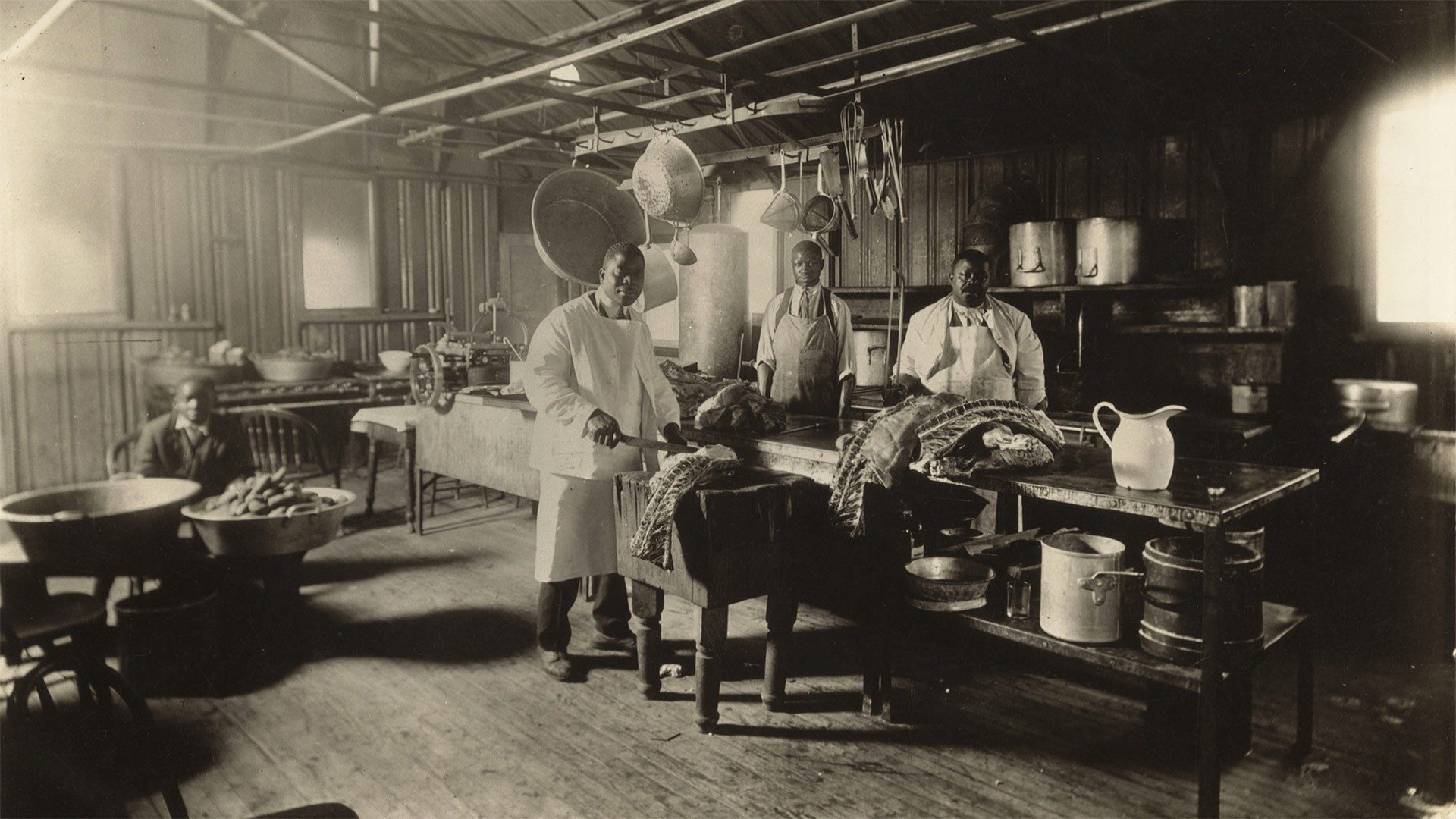- January 31, 2023
- By Karen Shih ’09
At the start of Black History Month, organizers of a University of Maryland initiative probing the institution’s historic intersections with slavery are inviting community members to learn about their research and progress and join their work.
Tomorrow, The 1856 Project’s inaugural symposium will bring together UMD researchers and students, as well as public historians and community members, at the Stamp Student Union for an afternoon of presentations, panels and networking. The project, named for the year of then-Maryland Agricultural College’s founding, is the local chapter of Universities Studying Slavery (USS), an international coalition of institutions that seeks to connect historical links to slavery and the slave trade to contemporary issues of racial inequality in higher education.
“Uncovering that shared past will inform our social justice work in the present,” said Joni Floyd, curator of State of Maryland and Historical Collections for University Libraries, who serves as co-chair of the project with University Archivist Lae'l Hughes-Watkins.
“The symposium is going to add dimensions to talking about the individuals and collectives who were enslaved. These were human beings with lived experiences that we don’t often get a sense of,” Floyd said. “We’re also looking beyond slavery to look at how these institutional structures still impact us today,” such as the lingering effects of Jim Crow-era school and housing segregation.
For example, she’s eager for attendees to hear the story of John Dory, a Black man who ran the kitchen for the Maryland Agricultural College in the late 1800s, and his descendants.
“Many generations of Dorys worked to support their families and also support the folks who were teaching and attending the University of Maryland—all while they could not attend the university themselves,” she said.
Through the symposium, Floyd hopes to spread the word about The 1856 Project’s partnership with the BSOS Summer Research Initiative, which will continue this year, as well as internships and volunteer opportunities.
“This is not a top-down approach,” she said. “We want to get people excited about being a part of what we're doing.”
All symposium events will be held at the Stamp Student Union Atrium except when noted otherwise. The schedule is as follows:
12:30 p.m.: Registration Opens
1 p.m.: Session 1: The 1856 Project in Context
President Darryll J. Pines will offer opening remarks, and Mary Elliott, museum specialist at the Smithsonian National Museum of African American History and Culture, will give the keynote presentation. Dean of Libraries Adriene Lim will serve as moderator.
2 p.m.: Session 2: Researching Slavery and the University
Stephanie Shonekan, dean of the College of Arts and Humanities, will moderate this presentation and Q&A on the Summer Research Initiative and the Lakeland Community Heritage Project.
3 p.m.: Session 3: Slavery, Its Legacies and Public History: The Maryland-National Capital Park and Planning Commission
Maya Davis, director of the Riversdale House Museum, will moderate this presentation and Q&A on the Riversdale House Museum and the Ridgeley Rosenwald School.
4 p.m.: Session 4: Universities Studying Slavery at Maryland Colleges and Universities
Georgina Dodge, vice president for diversity and inclusion, will moderate this presentation and Q&A on the Community College of Baltimore County, Johns Hopkins University, Loyola University Maryland and Towson University.
4:50 p.m.: Closing Remarks from Senior Vice President and Provost Jennifer King Rice
5 p.m.: Session 5: Networking Reception (Grand Ballroom Lounge)
5:30 p.m.: Black History Month Opening Reception (Nyumburu Cultural Center)
Limited walk-in registration will be available at Stamp Student Union.
